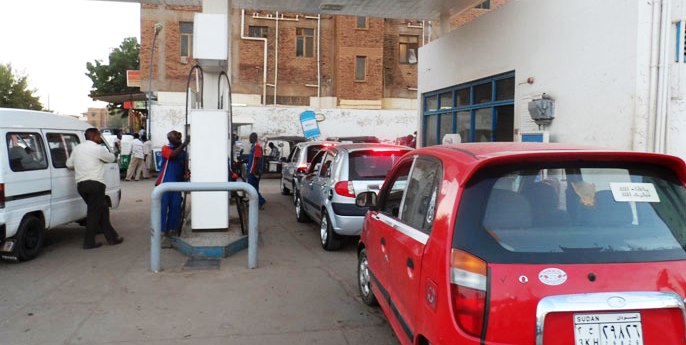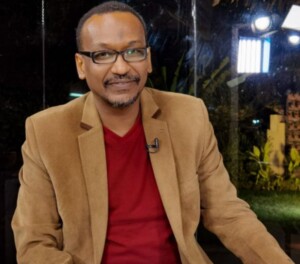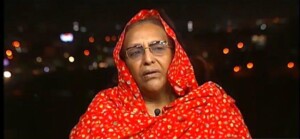On Sunday, the Sudanese Central Bureau of Statistics (CBS) reported that annual inflation fell from 107 per cent in September to 102.6 per cent in October.
After reducing the price of fuel in October by 25 percent, the price of petrol and diesel was increased again on Thursday by Sudan’s Ministry of Energy and Mining. Petrol has increased by almost 20 per cent, while the price of diesel increased by seven per cent.
According to economic analyst Hafiz Ismail, the increase can be seen as an unofficial tax increase, dubbed by pundits as stagflation. Professor Esam Abdelwahab Bob explained to Sudan Tribune in an interview on October 3 that he doesn’t have faith in inflation figures because “they aren’t grounded in authentic statistical surveys and given the stormy political climate they may not be true”.
Inflation was traditionally known to be the diminishing ability of a unit of currency to buy goods and services, but it could occur while the economy is still growing. However, these days and globally there is increasing talk of inflation coupled with low growth rates, high unemployment, depressed wages, and a growing deficit in the balance of payments. This phenomenon was prevalent in the 1970s and was known as stagflation.
On September 15, the CBS reported that the annual inflation rate fell to 117.42 per cent in August compared to 125.41 per cent in July. In an interview on Radio Dabanga’s Sudan Today programme at the time, economic expert Sidgi Kaballo described the inflation figures as “disturbing” and warned of a “revolution of the hungry” if the root causes of the economic problems are not addressed.
Priority should be given to establishing an economic programme that addresses the economy and living conditions of the people, after the overthrowing of the putschists, he said.
The Sudanese government is not receiving any external support for its annual budget for the second year in a row, so it must rely on its own resources to complete the 2023 budget.
After a visit to Washington in mid-October, Minister of Finance Jibril Ibrahim repudiated any further tax increases. Yet, tax collection is below average and the same minister earlier called for expanding the ‘taxes umbrella’ [span of taxes] and said that he considered it “the most effective and successful way to increase tax revenues and combat tax evasion”. Sudan witnessed many protests against exorbitant tax increases.
On October 21, Sudan In The News published an investigation in which whistle-blowers in Sudan’s oil industry revealed that the military intentionally neglected securing oil fields in order to exacerbate the fuel shortages, providing justification for the October 25, 2021, coup.
 Petrol station in Sudan (File photo)
Petrol station in Sudan (File photo)











 and then
and then